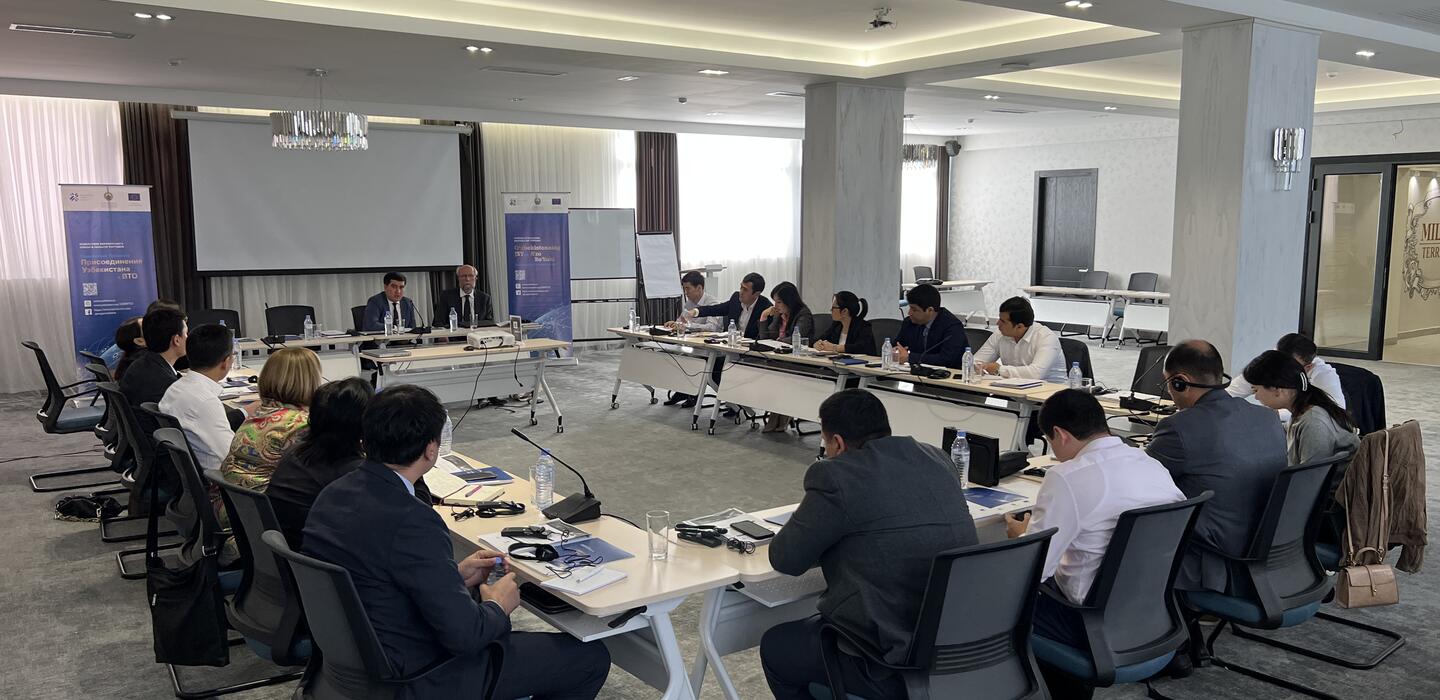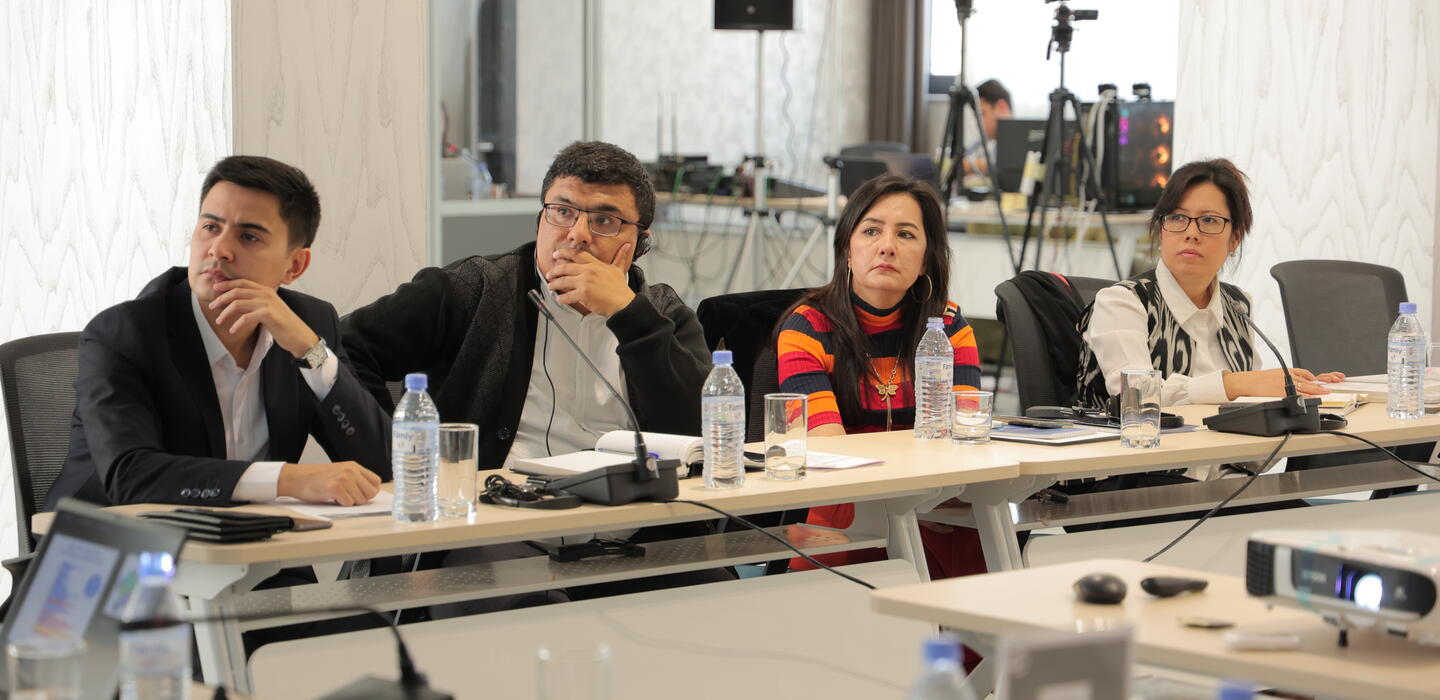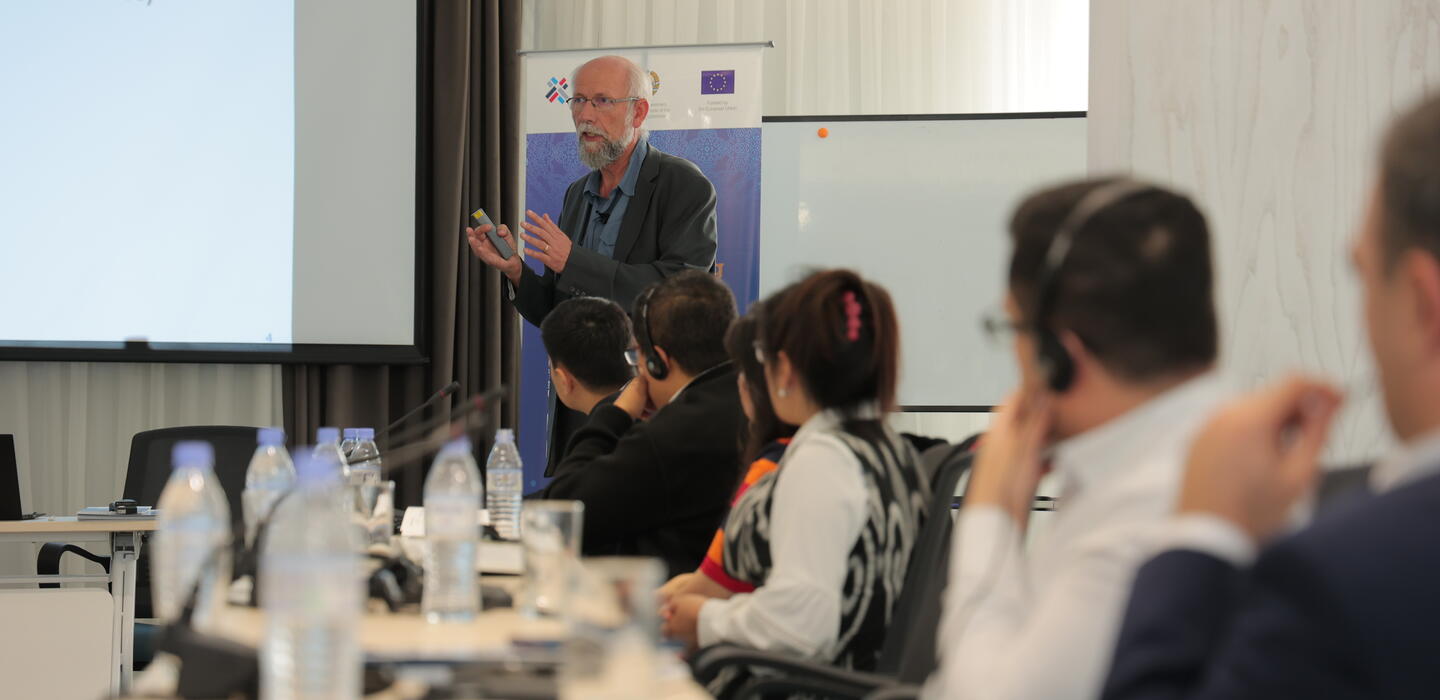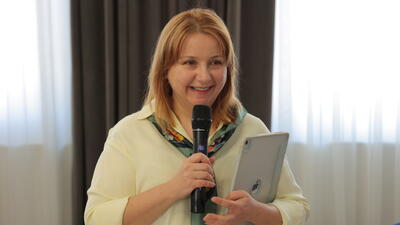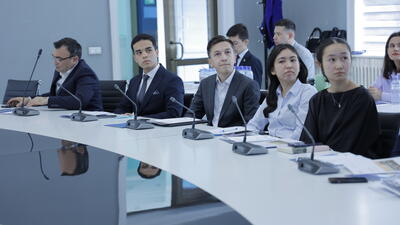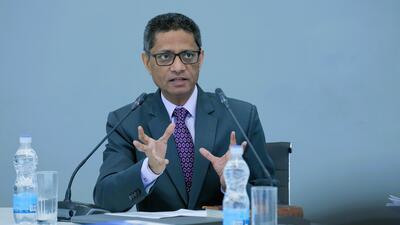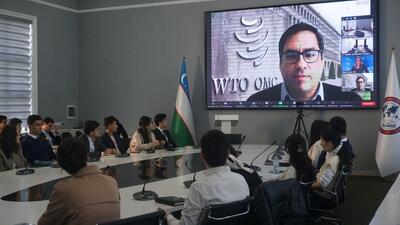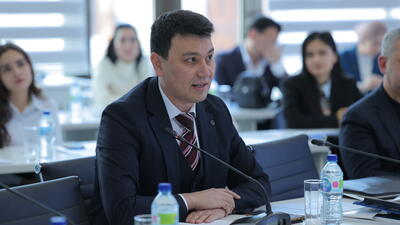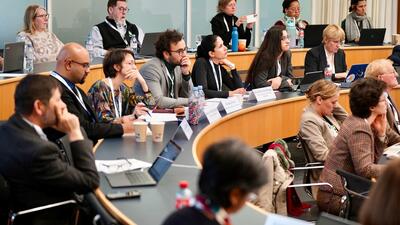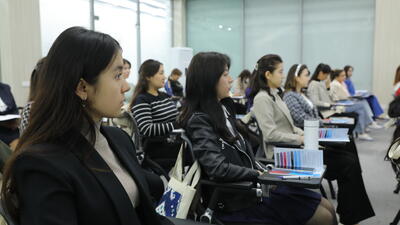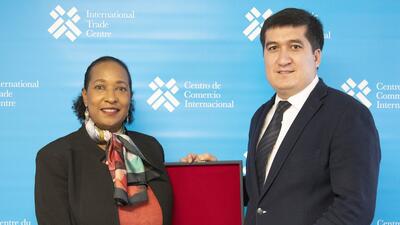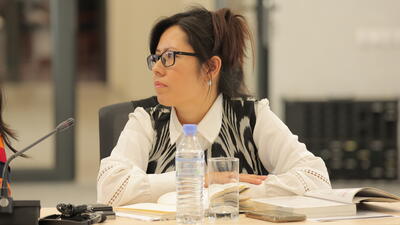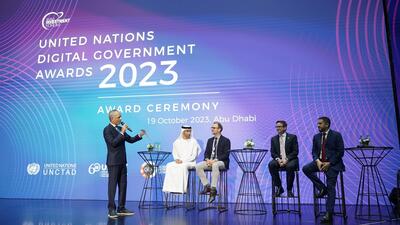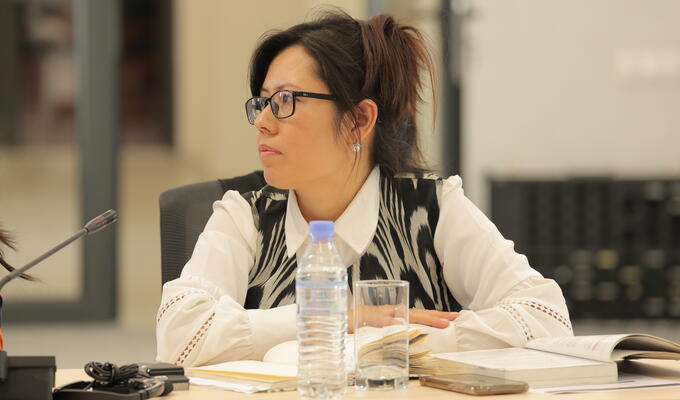
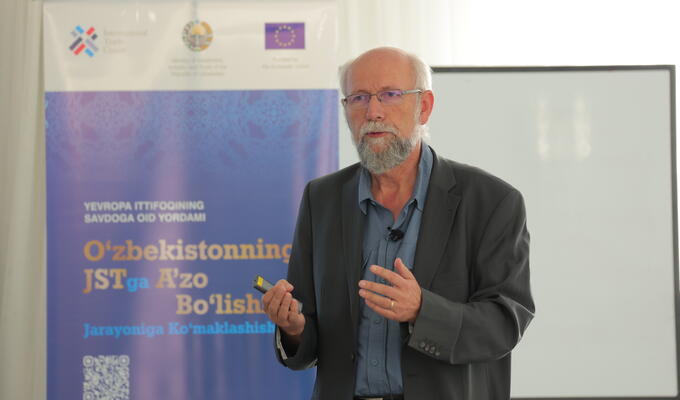
Workshop unpacks market access negotiations in WTO
The terms set for access to Uzbekistan’s market will form the cornerstone of its accession to the World Trade Organization (WTO).
Merchandize trade makes up more than 54% of Uzbekistan’s gross domestic product, according to data from the World Bank’s World Integrated Trade Solution database. This means the concessions and commitments it negotiates in the WTO in the area of goods will largely shape Uzbekistan’s economy when it joins the world economy.
While there has been an exponential rise in services and technology-oriented issues in the global trading system, basic access of goods to markets remains the bulwark that anchors a country’s accession agreement with other WTO Members.
Market access espouses the fundamental principles upon which countries agree to trade with one another under WTO rules. These staple elements include predictability, transparency, and fair competition that does not favour some countries over others. They are all aimed to advance growth-oriented economic reform and thereby contribute to a country’s development.
Central to market access is the schedule of commitments, which an acceding government negotiates with its WTO partners before joining the organization. This fixes the tariffs levied when goods are imported into the country.
Chief negotiator participates
To unpack this cornerstone aspect of the WTO negotiations, the ITC organized a three-day training workshop for officials and trade associations in Uzbekistan.
The workshop took place in Tashkent from 4 to 6 October and was opened by the special representative of the President of Uzbekistan on WTO issues and chief negotiator, Azizbek Urunov.
Participants were given an overview of the WTO’s origin and functioning. And then the first two days treated fundamental elements such as the schedule of commitments and how the bilateral negotiations to establish market access to goods work.
The last day took a hybrid format, which enabled the participation of remote parties, including key representatives of Tajikistan and Kazakhstan. They gave valuable practical advice on their countries’ experience of negotiating market access and how to handle specific challenges. WTO representatives also participated and gave an update of the state of play of Uzbekistan’s accession process.
Participants in the workshop included representatives of the presidency, and the Ministries of Investment, Industry and Trade; of Justice; of Economy and Finance; and of Agriculture, as well as relevant state agencies such as the Customs Committee, the Competition Promotion and Consumer Protection Committee. Representatives of key industry associations also benefited from the workshop.
The training was funded by the European Union under its project Facilitating the process of Uzbekistan’s accession to the WTO.




